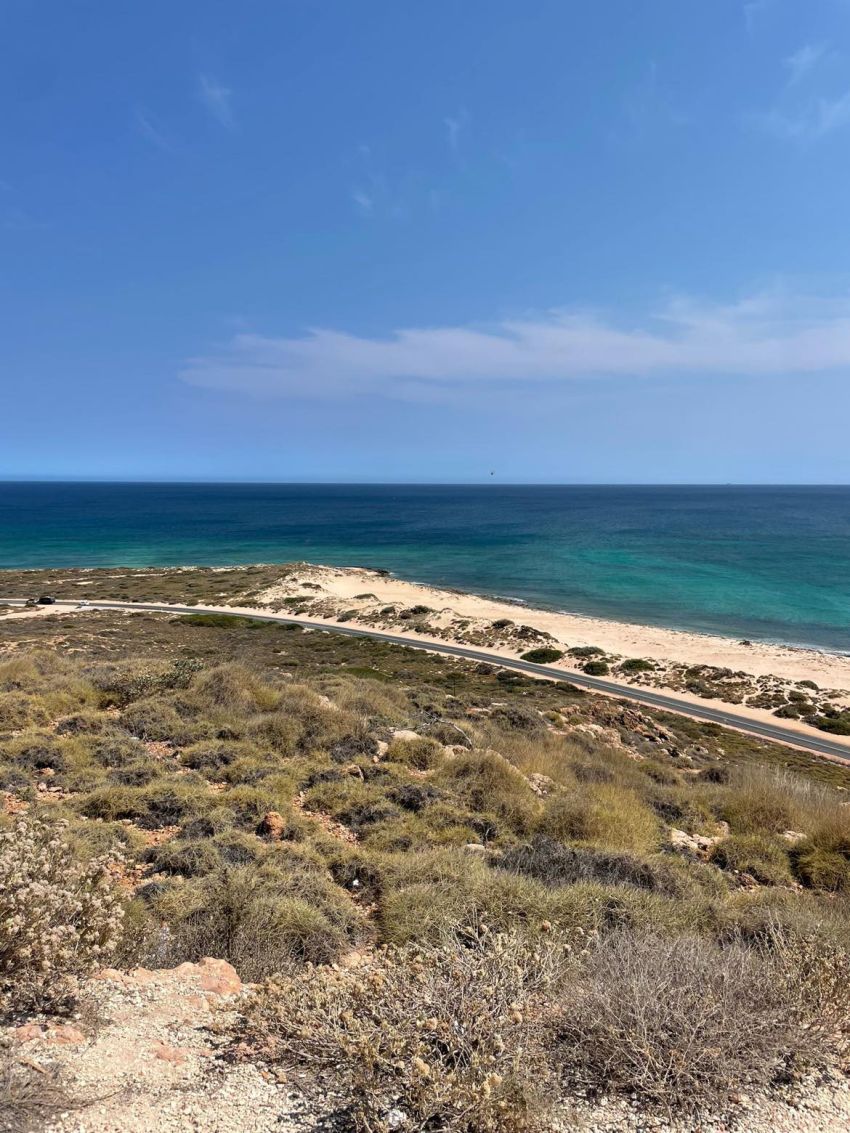
After more than four years of silence, former chairperson of the Environmental Protection Agency (EPA) Tom Hatton revealed that he did receive a call from then Labor Premier Mark McGowan pressuring him to withdraw new climate guidelines.
Oil and gas corporations reacted swiftly to the EPA’s 2019 suggestion that new and expanding fossil fuel projects should have to buy enough carbon credits to offset 100% of their onshore emissions.
Bill Hare, Climate Analytics spokesperson, said it showed decision-making in Western Australia had been “captured” by oil and gas interests.
The fossil fuel industries’ reliable mouthpiece, the West Australian, hammered the EPA on its new guidelines with articles, editorials and full page ads funded by Woodside.
Under pressure, the EPA withdrew them.
Hatton said McGowan’s call was “unprecedented” in the EPA’s 50-year history, alleging the former premier said: “I want you to withdraw the guidelines.”
Since leaving parliament in June, McGowan has taken on roles for BHP and Mineral Resources, and joined the conservative consultancy Bondi Partners led by former Coalition treasurer Joe Hockey.
Centre for Public Integrity director Geoffrey Watson told the ABC McGowan’s appointment was “exceptionally bad”.
Watson argued former MPs should be prevented from immediately entering lobbying roles.
“In Australia, we’ve had a problem — it keeps recurring. We call it the revolving door, where powerful politicians, sometimes powerful bureaucrats, leave those jobs to take up lucrative jobs with people who they previously were supposed to be regulating or controlling … It’s just not acceptable that this continues.”
The battle to prevent the powerful fossil fuel industry and their state government supporters from irreparably damaging WA’s ecosystems continues.
On the front line are Nyinggulu (Ningaloo) reef, Exmouth Gulf and Cape Range National Park.
Tim Winton, renowned novelist and tireless environmental campaigner, suggested they can be seen as three toes of the emu — an interconnected system helping each to balance and move forward.
Nyinggulu in Baiyungu is said to mean “high land jutting into the sea”. Its reef teems with hundreds of species of fish and coral, while it acts as sanctuary for turtles, manta rays, whale sharks and humpbacks.
Ecotourism generates 1000 jobs in Exmouth and Ningaloo, drawing in 200,000 visitors and $110 million each year. Whale sharks are the lynchpin of these numbers, with the reef offering reliable chances of wild swims with these giant fish.
Both Ningaloo Reef and Cape Range received World Heritage standing in 2011 — a recognition of their significance and heralding conservation and protection obligations.
Exmouth Gulf, the missing third toe, was removed after lobbying by industrialists.
Three different industrial developments have their sights, and profits, set on the Gulf and its delicate ecosystem.
Gascoyne Gateway has a plan for a deep-water port, just 10 kilometres south of Exmouth. Gascoyne argues the port would be of “strategic defence for the nation”; it would grease the operations of oil and gas vessels in the region.
The proposed construction site — vital habitat for dugongs, dolphins and turtles — is shallow and dredgers would be required to remove 1 million cubic meters of seafloor to reach the port.
German company K+S Salt’s proposal for a major salt production facility is the second project of concern.
It requires the construction of artificial salt ponds over vast stretches of natural wetland, requiring ridge walls dozens of kilometres long, dredging for a 660-metre jetty and the stockpiling of six-storey high salt mounds. Seepage from salt ponds risks the mobilisation of toxic hyper saline water.
Finally, oil and gas giant Woodside’s Scarborough offshore gas field, 375 kilometres off the coast, risks irreversible damage to whale resting and feeding grounds. The Scarborough to Pluto project is estimated by the Australian Conservation Foundation to emit an estimated 1.37 billion tonnes of carbon dioxide equivalent — the pollution impact of 20,000 daily flights across the world for 25 years.
The proposed seismic testing, a way of mapping oil and gas reserves below the seabed, sends salvos of noise into the water which are loud enough to deafen whales that depend on hearing to communicate, feed and navigate.
Despite furious lobbying by the West Australian, including four opinion pieces by Woodside CEO Meg O’Neil arguing that the seismic testing must go ahead, the seismic blasting plan has been stopped indefinitely. The Federal Court found on September 28 the company had not properly consulted Traditional Owners.
Current protections in the Gulf hinge on a 2021 government decision that a new marine park would be established, following an EPA report which found the Gulf was in need of greater protection.
The new protection will include a marine park on the eastern side of the Gulf, next to the proposed K+S Salt facility and a class A reserve in the Qualing Pool area, the proposed location for the Gascoyne Gateway port.
K+S Salt is nevertheless pushing forward with its plan, even saying it “has long welcomed the State Government’s plan to strengthen protections for the Exmouth Gulf, including expanded marine parks”. Managing director of K+S Salt Australia, Gerrit Gödecke, said in December 2021: “If everything goes smoothly, the project could be approved in 2024.”
However, First Nations and climate activists are determined to protect this unique country. World Heritage listing for Exmouth Gulf would help safeguard all three toes of the emu.
It is part of a story about what we value, why we value it and its importance now and into the future. Winton’s new three-part ABC documentary series, Nyinggulu, Ningaloo, serves as a powerful ode to its landscapes and the species that inhabit them, and is an urgent cry for their protection.
